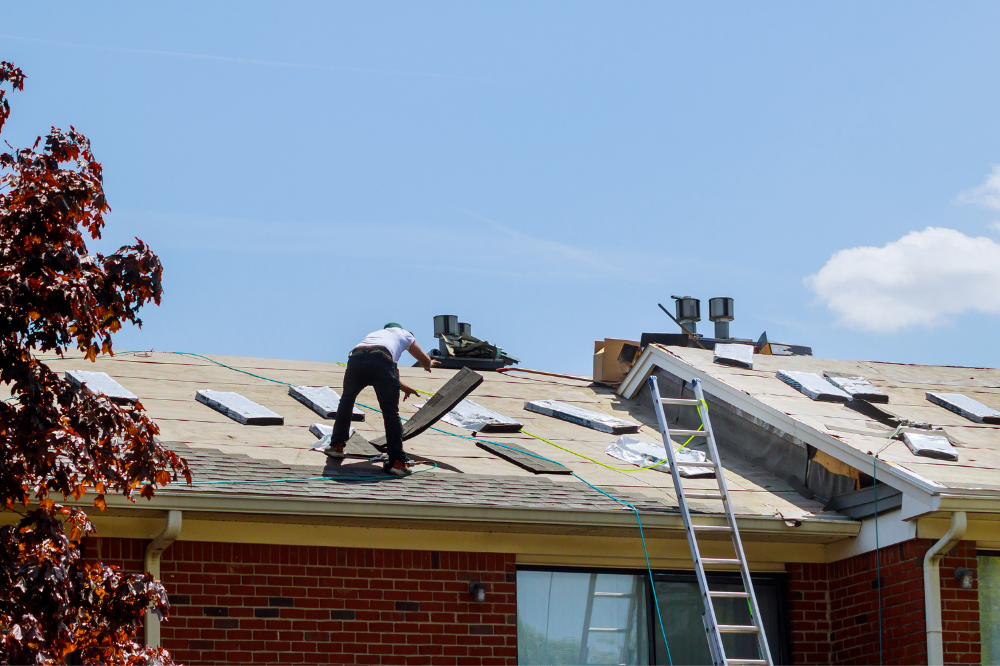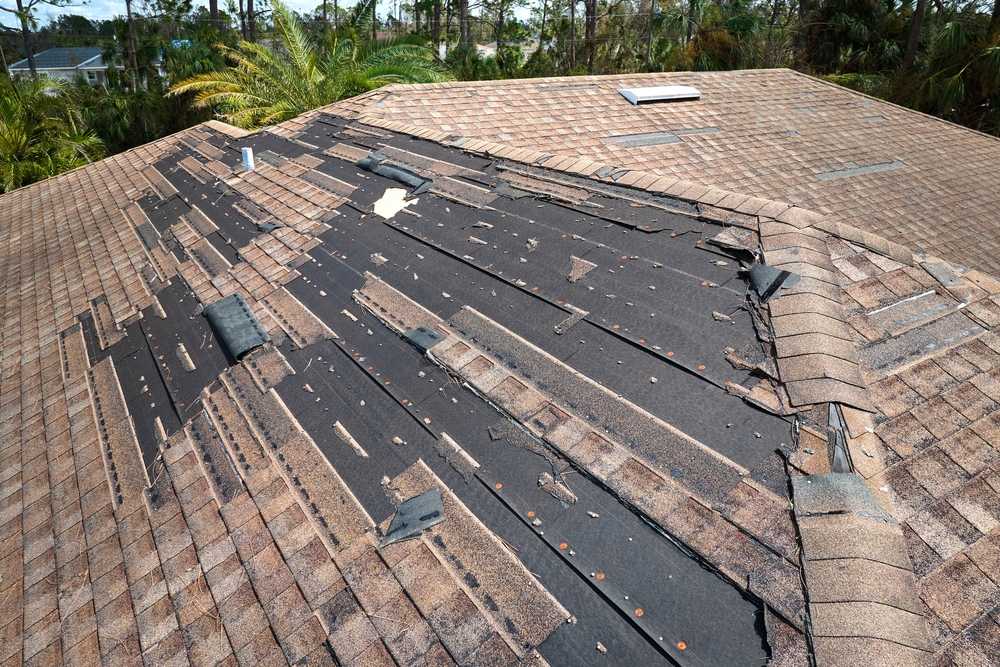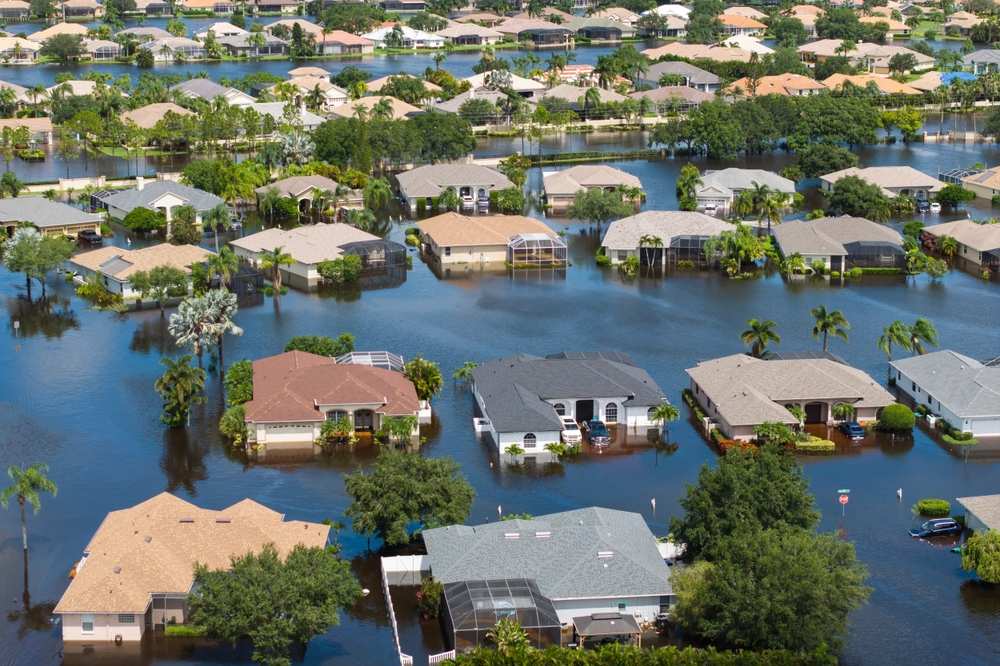If you live in a hurricane-prone area, protecting your home starts at the top. Choosing the best roof for hurricanes can make a major difference in how well your house holds up during the most violent storms. With the right materials and the best roof design for hurricanes, you can help ensure your home stays safe during hurricane season.
What Makes a Roof Hurricane Resistant?
Before diving into materials and shapes, it’s important to understand what makes a hurricane-resistant roof. A hurricane-proof roof needs to:
- Handle extreme wind speeds
- Offer excellent wind resistance
- Minimize vulnerabilities like roof overhangs
- Be built with reinforced connections to the structure below
When considering options for hurricane protection, remember it’s not just about the type of roof, but also how it’s installed and supported.
Best Roof Design for Hurricanes
Hip Roofs
When it comes to the best roofs for hurricanes, a hip roof is often the top recommendation. Unlike gable roofs, which have vertical ends, a hip roof slopes down on all sides, making it more aerodynamic and better at deflecting wind.
Pros:
- Better wind resistance
- Reduced chances of uplift during high wind speeds
- Sleek design that reduces pressure points
Cons:
- More expensive to build
- More complex structural support needed
In short, if you want a roof that can withstand the brutal forces of a hurricane, a hip roof is one of the best choices.
Best Roofing Materials for Hurricanes
Choosing the right popular roof material is critical. Let’s explore a few top choices.
Metal Roofing
Metal roofing is quickly becoming a favorite in hurricane-prone areas because of its incredible durability and ability to resist high wind speeds.
Pros:
- Extremely lightweight yet durable
- Can withstand winds over 140 mph
- Long lifespan with minimal maintenance
Cons:
- Higher upfront cost
- Can be noisy during heavy rain without proper insulation
If you’re serious about a hurricane-proof roof, metal roofing should be high on your list.
Asphalt Shingles
Asphalt shingles are the most common roof material in the U.S., but not all shingles are created equal when it comes to hurricanes.
Pros:
- Affordable and widely available
- Some types are rated for high-wind performance
Cons:
- Standard shingles can fail in strong winds
- Lifespan may be shorter than other materials
For hurricane protection, always look for wind-resistant or “architectural” shingles.
Clay and Concrete Tiles
Clay and concrete tiles offer both durability and aesthetic appeal, but they come with special considerations.
Pros:
- Heavyweight offers naturally reduced wind loads
- Very durable and fire-resistant
Cons:
- Heavy, requiring strong structural support
- More expensive installation and maintenance
Of the two, concrete tile tends to perform better under extreme weather conditions.

Structural Considerations Beyond Roofing Material
While picking the best roof for hurricane winds is crucial, the way your home is built also plays a huge role.
Key structural tips include:
- Shorter roof spans: Smaller sections can resist wind better.
- Reinforced connections: Metal straps and clips secure the roof to the walls.
- Minimize roof overhangs: Overhangs can catch wind and create uplift.
If you’re building or upgrading, make sure your builder understands these techniques to create a resistant roof structure.
Other Options for Hurricane Protection
Aside from the roofing material and design, additional options to consider include:
- Impact-resistant windows and doors
- Fortified attic spaces
- Reinforced garage doors
All of these work together with a hurricane-resistant roof to make your home safer during hurricane season.
Popular Choices in Hurricane-Prone Areas
In places like Florida and the Gulf Coast, homeowners often choose:
- Metal roofing on hip roofs for new construction
- Upgraded asphalt shingles for affordable remodels
- Concrete tile for upscale homes seeking both beauty and strength
If you live in a hurricane zone, investing in the best roof for hurricanes is not just a good idea—it’s essential.
Read Homeowner Stories of the Hurricane Safety Program
The Bottom Line
Finding the best roof for hurricanes involves balancing cost, performance, and aesthetics. While no roof can make a house completely hurricane-proof, choosing the right type of roof, using durable materials like metal roofing or concrete tile, and ensuring strong structural connections will give your home a fighting chance.
Remember, your roof is your first line of defense against nature’s fiercest storms. Choose wisely, and you’ll enjoy peace of mind every hurricane season.



